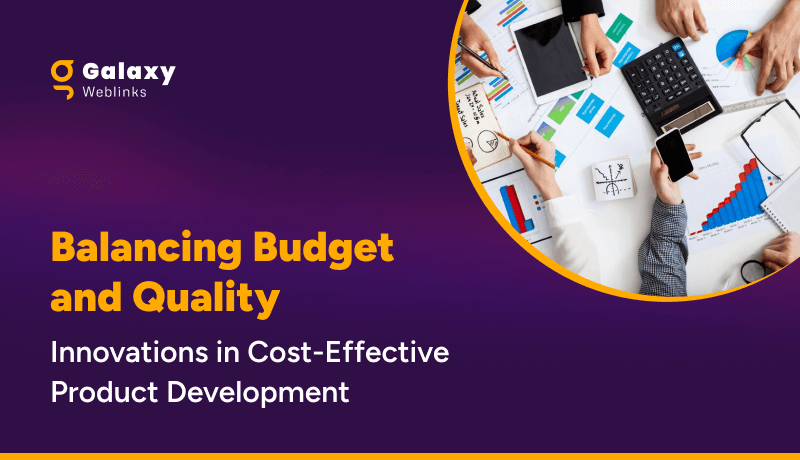There are thousands and thousands of listings in the WordPress Plugin repository, 58,600, to be precise. These plugins offer numerous different functionalities and use cases. But just like any other thing in the world, not all of these plugins are great at what they do. The ratings tell a different story altogether, even some great plugins get some flak every once in a while for doing something differently or worse, badly. Those 5 stars don’t last a lifetime.
So how does this happen and what are the aspects that determine success or failure of a WordPress Plugin? Here is a dive into what makes a great WordPress Plugin.
Users judge apps, utilities, and other pieces of software based on their usage, needs, and previous exposure to other alternatives. How do we go on about this defining business of something subjective such as a WordPress Plugin being good or not? Each person will judge a plugin based on their own needs and experiences. It might be difficult but not impossible, here are some aspects to help you start:
Get your Goal
According to the ‘Golden Circle’ rule, “people don’t buy what you do, they buy why you do it.” A plugin developer should also start with a why and then move into other important questions like –
- Why is this plugin being developed?
- What purpose does it serve?
Let the answers to these questions be the mission statement. Most of all the plugins should be solving a problem. The purpose can be something as simple as adding new functionality to an existing plugin, WooCommerce extension for example. Or something complex and comprehensive.
The goal and the purpose is not just something to get the development started and getting the solution in the users hands. As the user base grows, it becomes vital for the developer to stick to that mission statement. The plugin might improve with regular updates but completely changing tracks is unadvisable. For example, it wouldn’t make sense if all of a sudden an SEO plugin starts adding irrelevant features like a shopping cart. Users might get frustrated and abandon the plugin altogether.
Great plugins tend to stick to their initial goals and mission statement.
Mind the Users
Be mindful of the users and respect their preferences. Users like to have control of the tools and what they do. Implementing policies that are not transparent is a bad practice. Don’t upsell unnecessarily and clutter the dashboard. Also don’t spam users with stuff they didn’t sign up for or enroll users for auto-update without telling them. Even if some of the actions might be good for the users but make it clear to let them know and let them make the choice.
Users hate it when their personal space is being breached and when crucial functionality is turned on/off without their consent.
Mind the Coding and Accessibility Standards
Not just for WordPress plugins but coding and accessibility standards should be followed in general. Sticking with the standards makes the plugin code efficient, secure, and stable, and UI accessible to everyone.
WordPress being an Open-source platform, adhering to these standards is easier said than done. Literally anyone who wants to write code and build a plugin can do so. But not everyone sticks to the rules, especially when dealing with bigger, harder-to-manage plugins. A little piece of rogue code can create a big mess in an instant. A great WordPress plugin sticks to the standards for the very same reason.
Support it and Maintain it
Developing a WordPress plugin is difficult and maintaining it is a major undertaking on its own. But it’s worth it because it’s one of the major factors that determines long-term success of a WordPress Plugin.
Bugs are a part of the system, they appear even in the popular enterprise applications that have large and vigilant teams dedicated to hunt and rectify them. They will appear regularly and it can be frustrating but the key here is to deal with them in a timely and regular manner. Firefighting won’t take you far.
Providing support reinforces user trust in the developer. When things go wrong, provide support, at least to the extent you can. Type and cost of the plugin also plays an important role here in determining what kind of support users are going to expect from you. A free product can survive with a basic knowledge base while a commercial product is expected to have a good support.
Final Thoughts
WordPress Plugins are meant to solve problems and as long as your plugin does that, keeping the users needs in mind, it’s going to score good. Utilize the key aspects mentioned in this blog to make things easier while you try to achieve WordPress greatness.
And if plugin development is something that you need WordPress experts to handle for you, then drop by here and tell us your needs.
About Galaxy
We specialize in delivering end-to-end software design & development services. Our analytics team and UI/UX designers are creative problem-solvers with a decade of experience in all facets of digital and interactive design. We create compelling and human-focused experiences delivered through clean, and minimalist UI. Click here for a free consultation!

